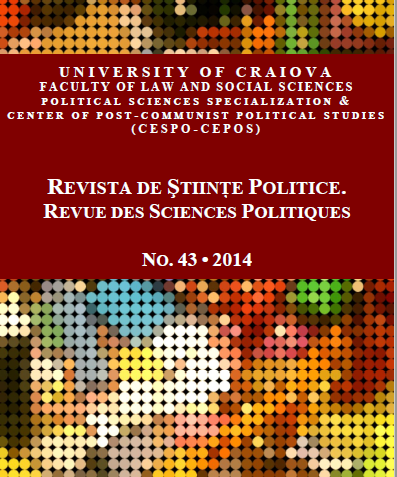Is the family of the 21st century based exclusively on the marriage between a man and a woman?
Is the family of the 21st century based exclusively on the marriage between a man and a woman?
Author(s): Roxana Gabriela Albăstroiu, Oana GhiţăSubject(s): Christian Theology and Religion, Gender Studies, Family and social welfare, Sociology of Law
Published by: Editura Universitaria Craiova
Keywords: state; family life; Church; heterosexuals; right to sexual identity;
Summary/Abstract: Family relationships have always been labeled to mark the development of norms with, in order to regulate such a field, which is culturally, socially, traditionally and religiously charged. The influence of all these factors on the development of family legislation has determined a series of modifications of the legal texts regarding family relationships, both from a formal and a material point of view. The winding evolution of these regulations at the international level and the traditions and customs involved have led to the impossibility of building a set of unitary norms at the level of the European Union, a “European Code of norms which regulate family relationships” as they were intended and as they were drafted in commercial law, for instance. Starting from the definition given to the notion of “family”, we notice that tradition and religion are crucial in determining not only the way in which family relationships are initiated and maintained, but also in the development of a certain family typology. Is the subject of family relationships regulated through prescriptive or descriptive norms? Is there a set type of family created by legal texts at the social level? Does the modern family show principles which contradict those imposed by the Church?
Journal: Revista de Științe Politice. Revue des Sciences Politiques
- Issue Year: 2014
- Issue No: 43
- Page Range: 183-193
- Page Count: 11
- Language: English

